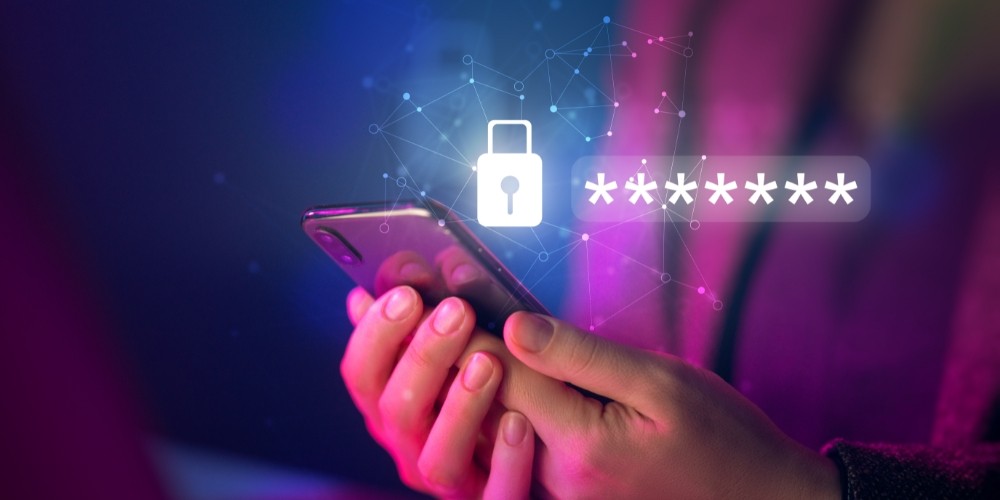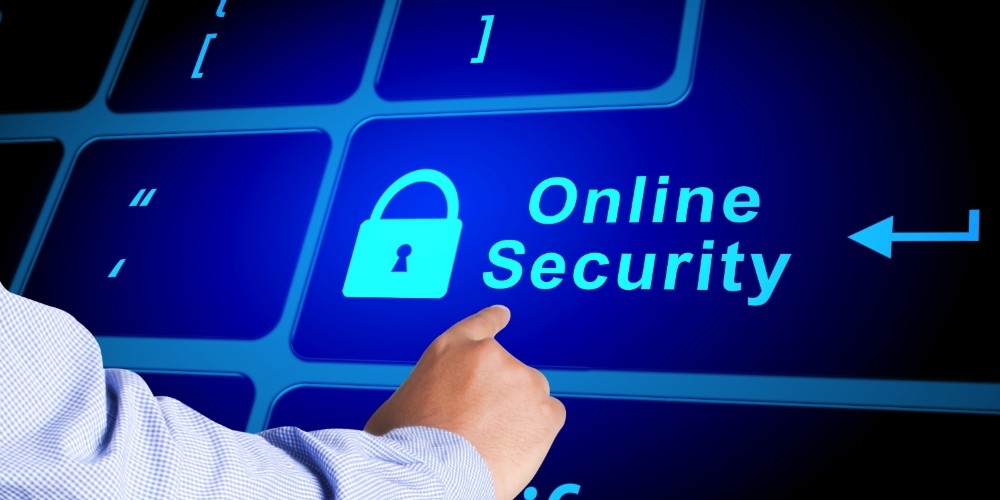Privacy and Security in Online Games: Tips and Tricks
Jan-16-2024

Online gaming has become a colossal aspect of modern digital entertainment, engaging millions of players worldwide. With the increasing interconnectivity in games, from massively multiplayer online games (MMOs) to simple mobile games, concerns regarding privacy and security have soared. Ensuring your personal information stays secure while enjoying games online is paramount, and this guide provides critical tips and tricks for achieving that goal.
The Landscape of Online Gaming Security and Privacy
The allure of online gaming is undeniable; however, this digital playground has become a target for various security threats. From data breaches exposing personal information to cyberbullying and even identity theft, the risks are real. Understanding the landscape of these threats is the first step towards safeguarding yourself effectively.
Essential Privacy Tips for Online Gamers

Privacy in gaming is not just about keeping your personal information safe but also about ensuring your online interactions do not expose you to vulnerabilities. Here are several tips to enhance your privacy:
- Use a Pseudonym: Opt for a gaming handle that does not reveal your real name or other identifiable information.
- Be Cautious with Shared Content: Be mindful of the information you share in chats or on your gaming profile. Even seemingly harmless information can be pieced together by malicious actors.
- Adjust Privacy Settings: Explore and adjust your game’s privacy settings. Limit what others can see about your activity, profile, and interaction.
- Be Wary of Social Engineering: Social engineering attacks can happen in gaming environments. Be skeptical about unusual requests or offers from other players.
Security Measures for a Safer Gaming Experience

Securing your online gaming experience involves a multifaceted approach to protect against hacking, scams, and other cyber threats. Implementing these security measures can significantly reduce your risk:
- Use Strong, Unique Passwords: Create robust passwords for each gaming account. Utilize a mix of letters, numbers, and symbols, and avoid reusing passwords across different platforms.
- Enable Two-Factor Authentication (2FA): Many gaming platforms now offer 2FA. It adds an additional layer of security by requiring a second form of verification beyond your password.
- Update Regularly: Keep your gaming devices and software up to date. Patches often fix security vulnerabilities that could be exploited by attackers.
- Be Careful with Mods and Third-party Apps: Mods and third-party apps can enhance gameplay but may also contain malware. Only download from reputable sources.
Navigating Multiplayer Environments Safely
Multiplayer environments pose specific privacy and security challenges due to the intense interaction between players. Here’s how to navigate these spaces safely:
- Secure Communications: Use secure, encrypted communication tools for voice chat and avoid disclosing personal information.
- Moderate Your In-game Purchases: Be cautious with your in-game purchases. Use prepaid cards if possible to avoid exposing credit card details.
- Report Abusive Behavior: Do not tolerate harassment or abuse. Use the game’s report function to notify moderators of unacceptable behavior.
Understanding the Role of Game Publishers and Platforms

While individual actions are crucial, it's essential to acknowledge the role of game publishers and platforms in upholding privacy and security standards. They are responsible for:
- Implementing Robust Security Measures: This includes encryption, secure servers, and protection against DDoS attacks.
- Providing Clear Privacy Policies: Policies should detail how your data is collected, used, and protected.
- Offering Customer Support: Efficient support can assist in responding to security breaches or privacy concerns.
Emergency Response: What to Do If Your Account Is Compromised
If you suspect your account has been compromised, swift action can minimize the damage:
- Change Your Password: Immediately change the password of the affected account and any other accounts that share the same password.
- Contact Customer Support: Notify the game publisher or platform’s customer support to secure your account and investigate the breach.
- Monitor Your Accounts: Keep an eye on your accounts for any unusual activity or further security breaches.
Conclusion: Empowering Your Online Gaming Experience
In the vast, interconnected world of online gaming, privacy and security are paramount. By adopting these tips and tricks, gamers can significantly enhance their digital safety, allowing them to focus on what truly matters - the joy of gaming. Remember, staying informed and cautious is your best defense in the ever-evolving landscape of online gaming threats.







